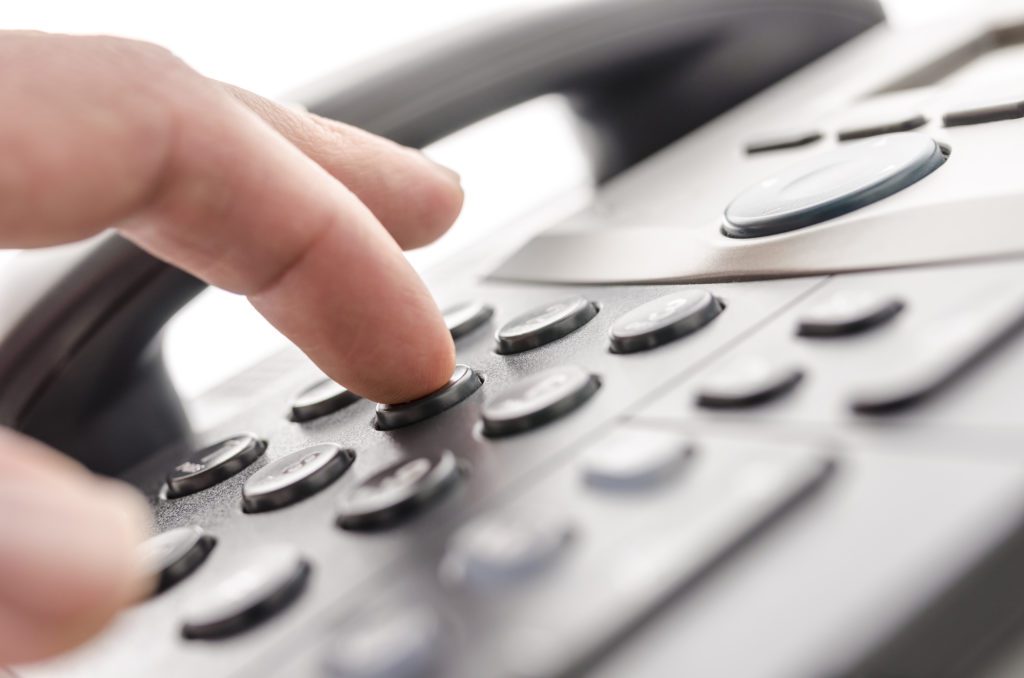
The telephone was first invented in 1876, and since then, technology has come a long way. A hundred years later, radical changes in the telephone continue to exist, with businesses and industries at the forefront of the technology. All companies, regardless of their sector, need to direct incoming and outgoing calls effectively. Thankfully, technological innovations, such as the PBX phone system, can exactly do that—direct all calls efficiently.
What is PBX?
One of the most common terms businesses come across when doing their research on phone solutions is PBX. With so many telecommunication abbreviations today, learning about a new one can be overwhelming. PBX stands for Private Branch Exchange, which is a term that means a business-grade phone system.
PBX offers major voice features that businesses need for a smooth day-to-day operation. Features include business hours setting and extension dialing to music on hold, call conferencing, route call after hours, or customer waiting in queues. The main point of having PBX phone systems is to connect people at work; that is why this service is not applicable to residential phone lines and mobile services. Ideally, PBX is a private telephone network owned, used, and operated within the business rather than the telecom companies, and not used for exchanges to connect people for public use.
PBX phone systems previously used analog technology; however, today, almost everything has gone digital, with most companies leveraging on the internet to send video and voice communications. PBX telephone system has redesigned the way businesses and industries manage their incoming and outgoing calls, offering a major enhancement to a lot of previous limitations.
Three Options for the PBX system
Traditional Analog PBX Phone System
An analog PBX phone system is a traditional method everyone was used to and has been around for quite a long time. Analog lines connect to the Public Switch Telephone Network (PSTN) over POTs (Plain Old Telephones) lines. PBX handles calls between fax and phone machines by being physically connected through copper wiring. Calls can be transferred between company phones via the PBX, and incoming or outgoing calls are routed through the PBX.
The essential part of an analog system is that it connects to POTs line that pre-dates the internet, which makes the system not capable of delivering high-definition voice calls. Additionally, traditional PBX systems are also not able to handle many modern-day phone features like voicemail-to-email.
On-Premise IP PBX or VoIP PBX
The on-premise IP PBX system is similar to the analog PBX system that is situated in a particular room, such as a phone closet or computer equipment room. However, with this system, IP routing is done in a more modern method with more advanced technology.
The signal is delivered to the IP-PBX server using a LAN with an IP phone. SIP trunking is then done to allow calls to go through the voice over the Internet (VoIP), as well as through a traditional phone system. Broadband Internet gradually replaced copper lines, making Internet Protocol (IP) PBXs or VoIP PBXs the most common systems used in businesses. However, this kind of system requires ongoing maintenance, and upfront costs may be a bit higher.
Hosted PBX or “Cloud Phone System”
A hosted VoIP or hosted PBX or virtual PBX is the system where the telecom provider is responsible for housing the IP PBX, including managing the technology needed to provide the services to the telecom system. It takes the system out of your closet and puts it in the “cloud,” which is maintained by the telecom provider and lets the enterprise to connect to it through the public Internet.
From a business perspective, this is a more convenient approach since this greatly removes the PBX maintenance costs, service downtime, and the hassle of upgrading the software. All of those tasks will be managed by the service provider.
Each option comes with its benefits and downside. Understanding what works best for a certain type of business is important to know if the PBX system is indeed the right choice.
If you’re looking for a PBX phone system in Columbus, get in touch with us to see how we can help.


Recent Comments